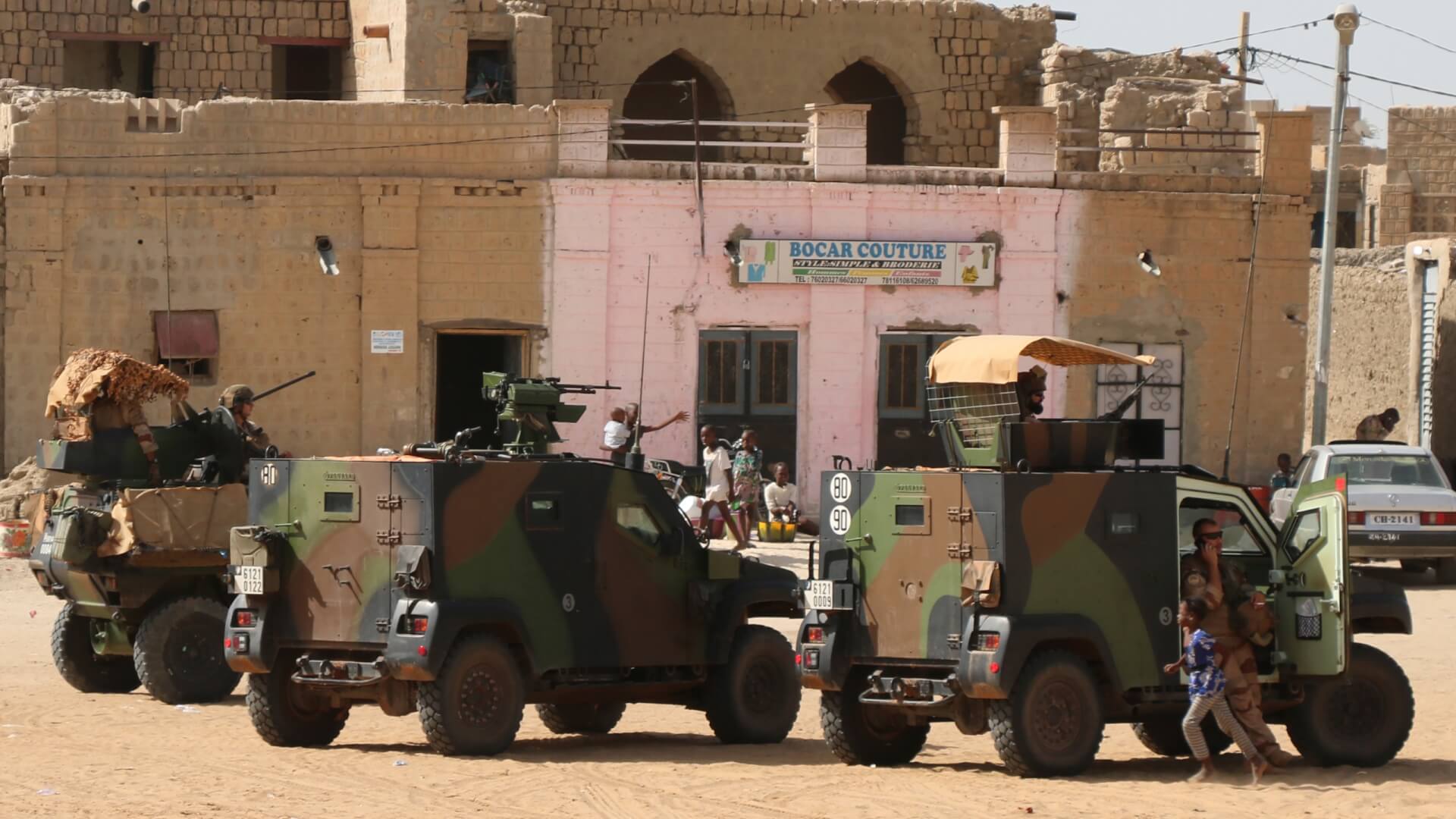On Tuesday, French forces in Mali ceded the control of the key military base in Timbuktu to the Malian Army. The move comes amid the complete withdrawal of French troops from Mali after maintaining a presence in the northern region for almost nine years.
France 24 reporter Cyril Payen said the decision marked the beginning of the end of the French military mission in the conflict-torn Sahel. “It’s a turning point that we’re leaving now with the transfer of the Timbuktu outpost from the French army to the Malian military. It’s really important in the chronology of the French military presence in this part of Africa,” he went on to say.
#Mali- French troops on Tuesday were leaving a key military base in the northern Malian city of #Timbuktu in a symbolic departure more than eight years after Paris first intervened in the conflict-torn Sahel state.#France
— Mete Sohtaoğlu (@metesohtaoglu) December 14, 2021
📸 pic.twitter.com/nzf7e0zsbP
The French flag has been replaced with the Malian flag at the military base. About 150 soldiers remained deployed at the base after France began recalling its troops. General Etienne du Peyroux, the head of France’s Operation Barkhane military campaign in Mali, said, “France will be present in a different way.” “This is ultimately the aim of Operation Barkhane: To allow Mali to take its destiny into its own hands…but always in partnership,” the General added. The new Malian commander, however, refused to comment.
Additionally, the French military said the Malian army maintains a strong presence in Timbuktu along with 2,200 United Nations peacekeepers permanently deployed there.
More than eight years ago, erstwhile French President François Hollande officially announced the country’s military intervention to weed out jihadist insurgents from northern Mali. Since the launch of the Malian mission in 2013, France has deployed around 5,100 troops across the Sahel region, including in Mali, to aid local governments and their poorly equipped forces to fight Islamist insurgents.
As the forces leave the Timbuktu camp, locals have been overcome with a variety of emotions. Although French troops liberated the camp from jihadist control around eight years ago, anti-French sentiments and opposition to the French military have been increasing lately with rising insecurity. Jihadist attacks have become more frequent since 2013, with the conflict spilling over in neighbouring Niger and Burkina Faso, contributing to an acute humanitarian crisis.
Levels of anti-French sentiment, the "highest in 8 years" in #Sahel. @payenc on why Mali lost faith in #France 🇫🇷 and the role of fake news in this development.
— The Debate – France 24 (@F24Debate) December 15, 2021
Full Show 📺➡️: https://t.co/zgYqIX4toG pic.twitter.com/V8Sr0uiTKZ
With the French troops leaving their base in Timbuktu, the region has been thrust into further insecurity. In June, French President Emmanuel Macron announced a significant reduction in troops from the Sahel region by early next year. He also revealed a change in the military strategy, including increasing efforts to neutralise rebel operations and training local forces.
The withdrawal comes amid increasing political uncertainty in the region with two military coups over the last year. In May, Malian Colonel Assimi Goïta, who led the coup last August that deposed President Ibrahim Boubacar Keïta and Prime Minister (PM) Boubou Cissé, dismissed and detained their replacements, President Bah N’Daw and Prime Minister Moctar Ouane.
Following the August 2020 coup, the international community set February 2022 as the deadline for democratic elections in Mali following the end of an 18-month transitional period. However, the junta has already announced a delay to this timetable, without specifying when the elections will now be held. Furthermore, the junta has limited regional support, given that Mali has been suspended from both the African Union and the Economic Community of West African States.
France has also been angered by the Malian military government’s increased use of paramilitary forces from Russia’s Wagner Group. In fact, it has already shut down operations in the northern bases of Kidal and Tessalit. France’s motivation to maintain a presence in the region has further dwindled due to a lack of international support. For instance, Germany has rejected France’s request to join combat operations in the Sahel, with Foreign Minister Heiko Maas saying that Berlin will only continue to participate in the European Union training mission (EUTM) and the United Nations peacekeeping mission (MINUSMA).

